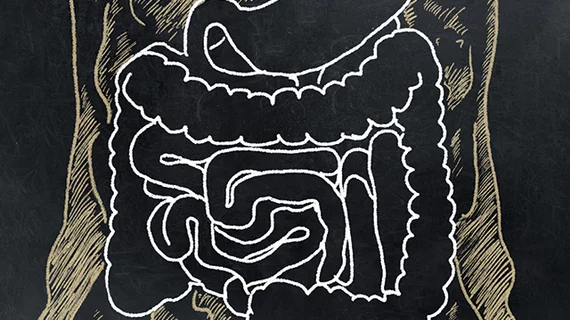Deep learning improves detection of polyps during colonoscopy
Researchers created and validated a deep learning algorithm to improve the detection of polyps during colonoscopy, according to a study published in the latest issue of Nature Biomedical Engineering.
“Previous studies have shown that every one percent increase in the rate of detecting precancerous polyps results in a three percent decrease in the risk of interval colon cancer,” said author Tyler Berzin, MD, with Beth Israel Deaconess Medical Center (BIDMC), Boston, in a statement. “This underscores the importance of accurate polyp detection.”
Shanghai-based Wision AI conducted the study in collaboration with the Center for Advanced Endoscopy at BIDMC, Harvard Medical School in Boston, and the Sichuan Academy of Medical Sciences & Sichuan Provincial People’s Hospital in Chengdu, China.
The algorithm was trained on 5,545 images (66 percent contained polyps, 34 percent did not) taken from more than 1,200 patient colonoscopy reports. Berzin et al. validated the algorithm on four independent datasets: two for image analysis (dataset A and B) and two for video analysis (dataset C and D).
When validated on the 27,113 images in dataset A, the algorithm achieved a per-image-sensitivity and specificity of 94.4 percent and 96 percent, respectively. Additional results are as follows:
- Validation on dataset B—612 colonoscopy images—yielded an 88 percent per-image sensitivity.
- Dataset C contained a series of colonoscopy videos with 138 polyps, on which the algorithm achieved a 91.6 percent per-image sensitivity among more than 60, 000 frames of video, and a 100 percent per-polyp sensitivity.
- In dataset D—54 videos containing no polyps—the algorithm achieved a per-image sensitivity of 95.4 percent among more than one million frames.
“The encouraging results obtained using Wision AI demonstrate that a novel deep-learning algorithm can automatically detect polyps during colonoscopy, opening new doors to increasing the effectiveness of screening colonoscopy and enabling a new quality control metric that may improve endoscopy skills,” Berzin said in the statement.

